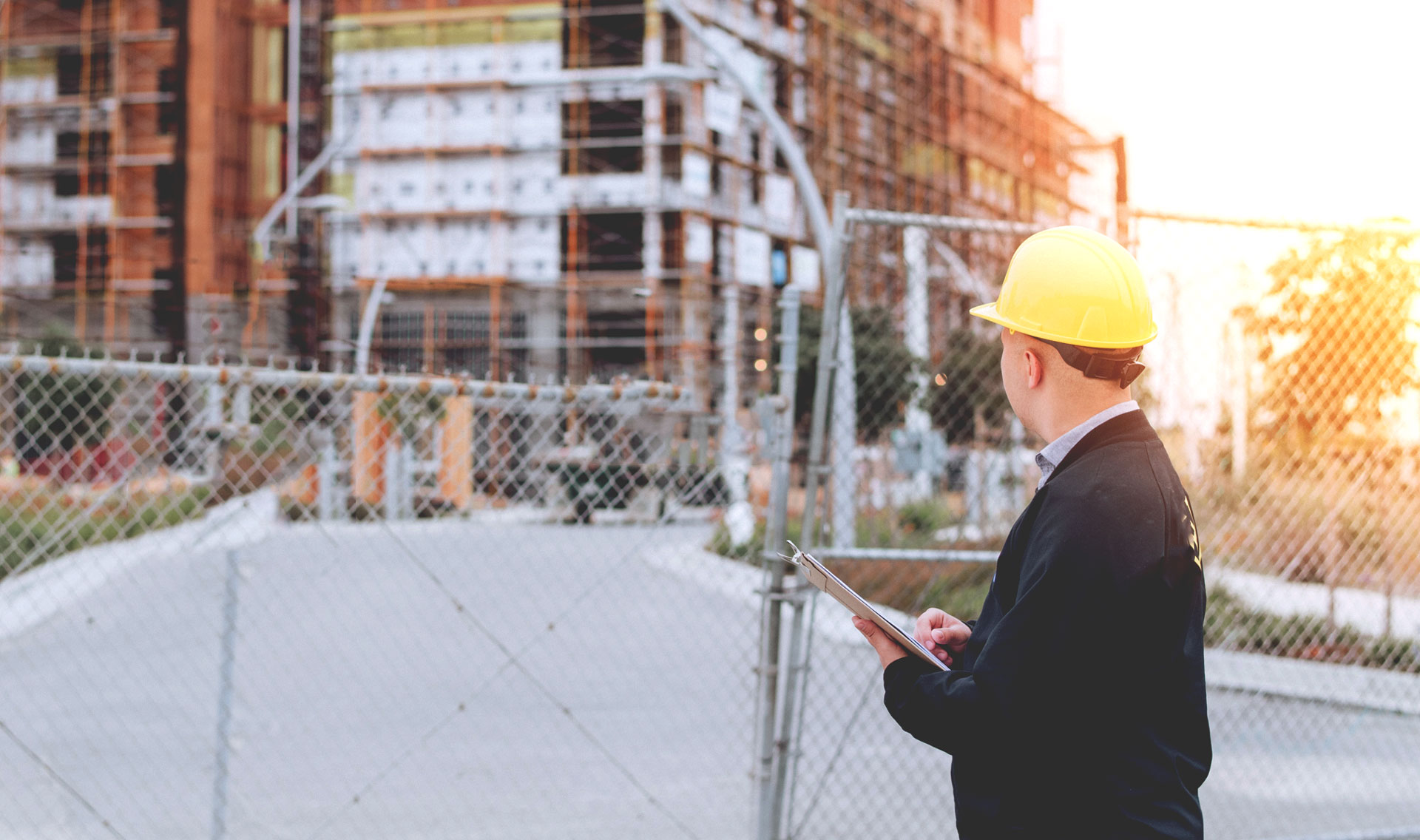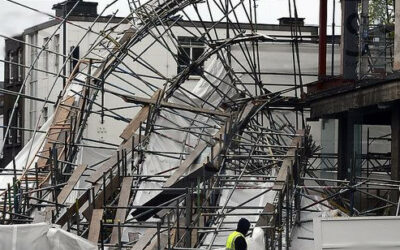Note that this article is general in nature and should not be taken as legal advice.
In the construction industry, the relationships between various parties, such as owners, architects, contractors and subcontractors, are often complex. One critical aspect of these relationships is the concept of non-delegable duties, which has significant implications for the liability that building contractors bear for the actions or errors of their subcontractors. This article explores how non-delegable duties operate and how they affect the legal liability of main contractors.
First, The Insurance Context
Public liability insurance covers the builder’s legal liability but not liability that they take on contractually. Often the two are aligned, the contract merely reinforces legal obligations the builder has, such as to build something that is fit for purpose.
When it comes to liability for the work of subcontractors however, this is where it can get messy. Except where the legislation imposes a non-delegable duty, or courts have established that one exists, if the builder is not legally liable for the work of their subbie then they won’t be covered by their liability insurance, regardless of what it says in their contract.
Where a subbie has caused damage the main contractor’s insurer will expect that the subbie makes the claim on their insurance. The main contractor will probably be happy with this in most cases too. However, if the subbie has disappeared, isn’t stepping up or is uninsured then the builder, who has the ultimate relationship with the building owner, would expect to be able to make the claim on their own insurance. However, if they only have a contractual but not a legal (ie. negligence in tort) liability for the actions of their subbie, then their liability insurance may not cover it.
This is why it is critically important to understand if the builder has a non-delegable duty for the actions of their subbies. If they do, their liability insurance should cover them, if not, then it won’t.
Understanding Non-Delegable Duties
A non-delegable duty is a legal obligation that cannot be transferred to another party. For example, in some cases even if a contractor hires a subcontractor to perform a particular task, the contractor remains ultimately responsible for ensuring that the work is performed to the required standard and in accordance with the law. This means that if the subcontractor fails to meet these standards, the contractor may still be held liable, regardless of whether the contractor was directly involved in the negligent act.
The rationale behind non-delegable duties is rooted in the principle that certain responsibilities are so important that they should not be outsourced or diluted by delegation.
In the context of construction, these duties often relate to health & safety and compliance with the Building Code.
For example, if a subcontractor installs faulty electrical wiring that later causes a fire, the property owner might sue the contractor for damages, even though the contractor did not directly perform the work. The courts could hold the contractor liable because the duty to ensure the work was done correctly is considered non-delegable. In other words, head contractors cannot absolve themselves of responsibility simply by hiring qualified subcontractors. Instead, they must actively ensure that all work meets the required standards.
Implications for Contractors
The implications of non-delegable duties are significant for building contractors. First and foremost, contractors must recognise that they are legally responsible for the quality and safety of the work carried out by their subcontractors. This responsibility cannot be mitigated by simply selecting reputable subcontractors or including indemnity clauses in contracts. Just as you cannot outsource your responsibility for health & safety, the courts have indicated that in many situations you can’t outsource your responsibility for compliance with the Building Code either.
Non-delegable duties under the Building Act
The Building Act imposes a range of duties and responsibilities on builders to ensure that building work is carried out in accordance with the law, and that buildings are safe and fit for purpose. For example:
Accountability for Code Compliance: Builders are responsible for ensuring that all work complies with the Building Code, which sets the minimum performance standards for buildings in New Zealand. Even if a builder hires subcontractors to carry out specific tasks, the builder remains ultimately responsible for ensuring that the work complies with the Building Code.
Liability for Defects: Under the Building Act, builders can be held liable for defects in the construction work, even if the defects arise from the work of subcontractors. The law emphasises the builder’s overarching responsibility to deliver work that meets legal standards. If a subcontractor’s work is defective, the homeowner may still pursue a claim against the builder.
Case Law and Judicial Interpretation
New Zealand courts have considered the issue of non-delegable duties in various contexts, including construction disputes. While the courts have not explicitly ruled that all duties under the Building Act are non-delegable, judicial decisions often emphasise the builder’s ultimate responsibility for compliance with the law and for ensuring the safety and integrity of the building work.
In cases where defects or non-compliance have been traced back to subcontractor work, New Zealand courts have frequently held the principal contractor or builder liable.
In Body Corporate 189855 v North Shore City Council (Bianco Apartments) [2014] NZHC 612, the court found that the builder could not delegate its duty to ensure that the building work complied with the Building Code and was free from defects.
Body Corporate 326421 v Auckland Council (Gore Street) [2015] NZHC 2826, like Bianco Apartments, dealt with the liability for building defects in a multi-unit residential complex. The High Court ruled that both the developer and the builder owed a duty of care to the apartment owners and were liable for the defects arising from the construction process. In this case, the court emphasised that the builder’s duty to ensure that the building was constructed in accordance with the Building Code could not be delegated to subcontractors. The ruling highlighted that even if a subcontractor performed the actual construction work, the builder remained responsible for ensuring the overall compliance and quality of the work.
How to Manage This
To manage their liability for subcontractors, main contractors need to implement rigorous oversight and quality control measures. This may include regular inspections to ensure compliance and maintaining clear communication with subcontractors about the standards that must be met.
Additionally, clear and comprehensive contract terms are essential. Contractors should clearly define the scope of work, expectations, and standards in their agreements with subcontractors. While this may not eliminate liability under non-delegable duties, it can help mitigate risks and clarify responsibilities.
In a Nutshell
Public liability insurance only covers legal liability, not liability assumed in a contract. If a builder is not legally liable for the actions of their subbies, then their insurance won’t cover it. That’s why it’s important to understand whether builders have a non-delegable duty for the actions of their subbies. This duty can be applied by legislation, such as it is for health and safety, but it can also be created, on a case by case basis, through decisions made by the courts. Both the Bianco Apartments and Gore Street cases solidify legal precedent that builders are liable for building defects caused by their subcontractors.




